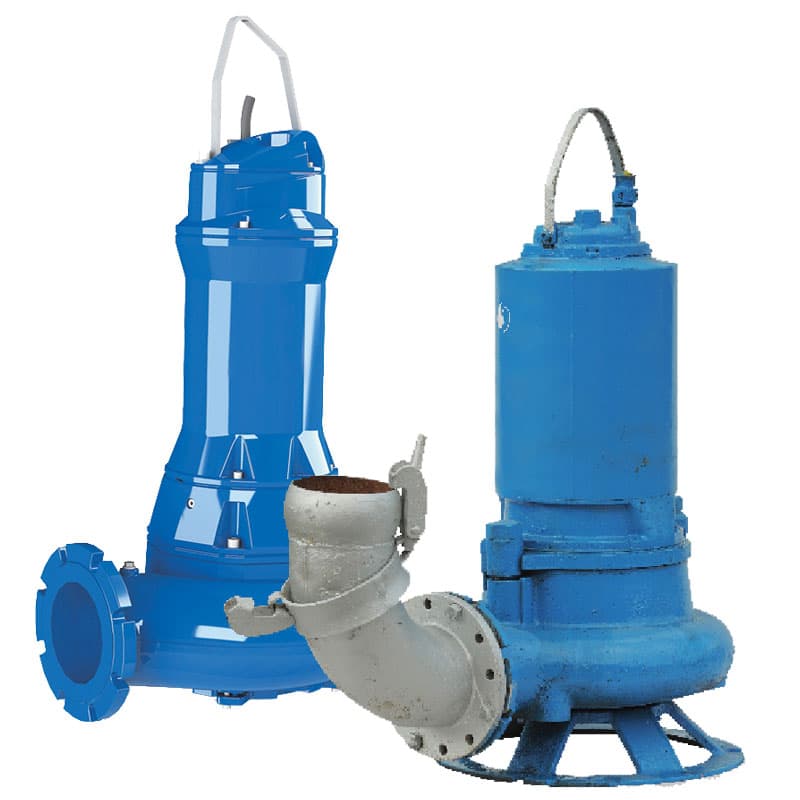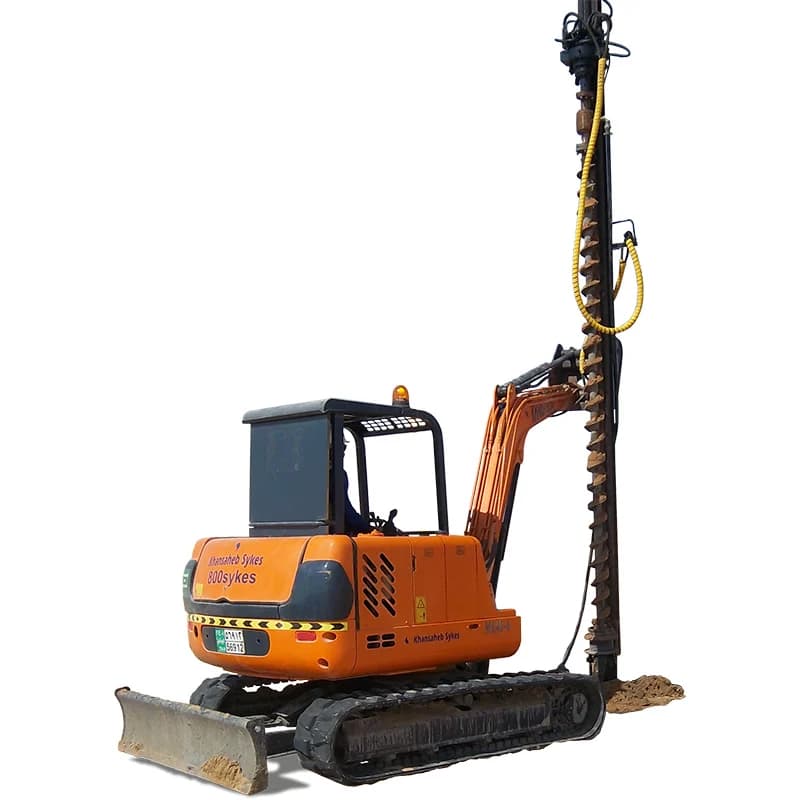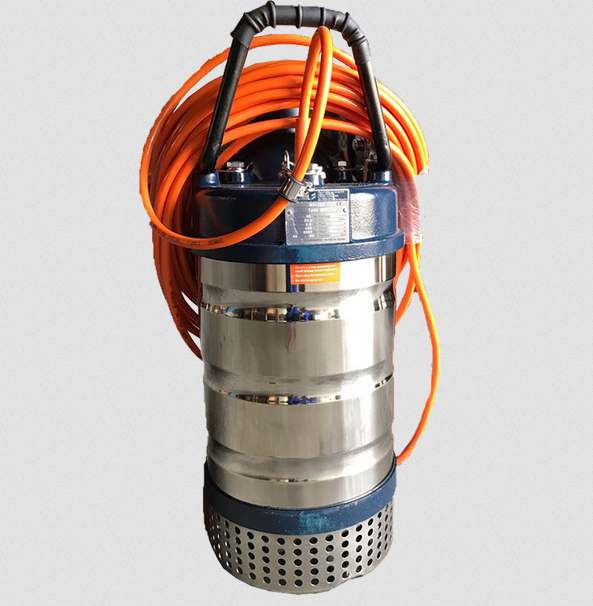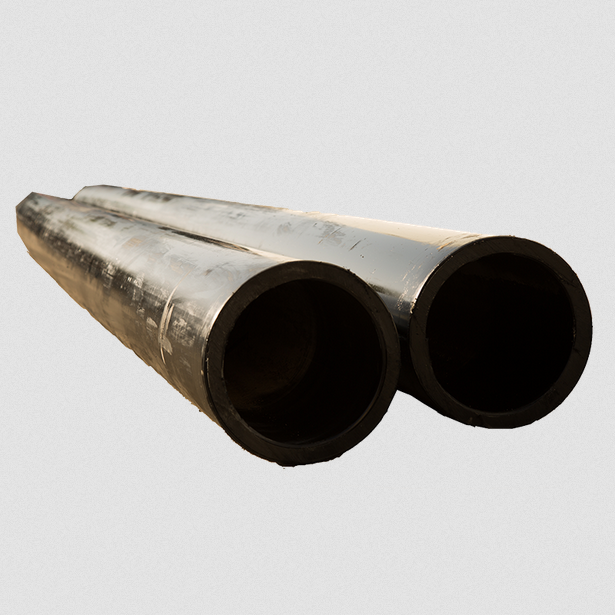Top 5 Advantages of Deep Well Dewatering for Construction Projects
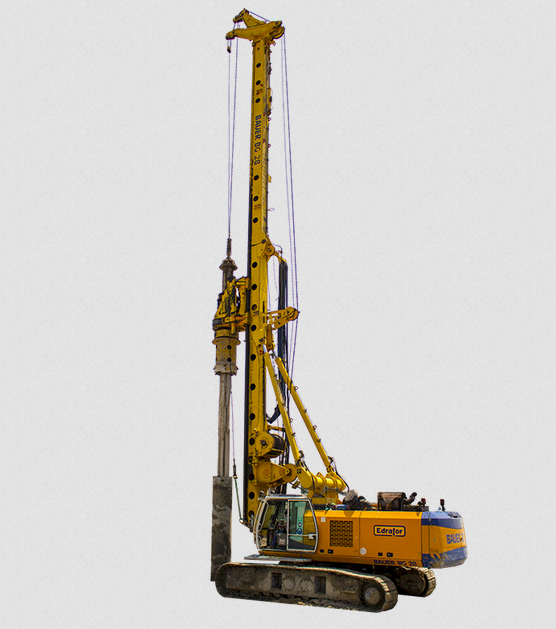
Strong 8k brings an ultra-HD IPTV experience to your living room and your pocket.
In the realm of construction, managing groundwater effectively is crucial for ensuring the safety and efficiency of any project. Deep Well Dewatering has emerged as one of the most reliable methods for controlling water levels in areas where excavations extend below the water table. Contractors and project managers have increasingly turned to this solution to mitigate risks and enhance operational efficiency. In this article, we will explore the top five advantages of Deep Well Dewatering and how it can significantly benefit construction projects.
1. Effective Groundwater Management
One of the primary advantages of Deep Well Dewatering is its capacity to manage groundwater effectively. In regions with high water tables, construction projects often face challenges such as flooding and unstable soil conditions. Deep Well Dewatering systems utilize submersible pumps installed at the bottom of boreholes to lower the groundwater table significantly, sometimes up to 22 meters. This method ensures that contractors can excavate safely without the fear of water intrusion.For instance, during the construction of large-scale infrastructure projects like the Etihad Rail, Khansaheb Sykes implemented Deep Well Dewatering techniques to maintain dry working conditions. By lowering the groundwater table, the project team was able to complete excavations on time and without costly delays, highlighting the effectiveness of this approach.
2. Enhanced Safety on Construction Sites
Safety is paramount in construction, and Deep Well Dewatering contributes significantly to creating a secure working environment. When groundwater is not managed properly, the risk of soil erosion, landslides, and other hazards increases. Deep Well Dewatering systems help maintain dry and stable soil conditions, reducing the likelihood of accidents and injuries.
For example, a construction project in a coastal area faced challenges due to the high water table. By employing Deep Well Dewatering, the contractor was able to mitigate the risks associated with unstable soil and ensure a safe environment for workers. This proactive approach not only protected personnel but also safeguarded the integrity of the project.
3. Cost-Effectiveness in the Long Run
Investing in Deep Well Dewatering may seem like an additional expense initially, but it often proves to be cost-effective over the long term. By preventing water-related issues, contractors can avoid costly delays, equipment damages, and project overruns. Moreover, maintaining a dry site reduces the need for additional equipment and labor, further cutting down on expenses.
Consider a project manager overseeing a large excavation. When faced with a high water table, they had two options: either implement Deep Well Dewatering or risk delays caused by water accumulation. By choosing the dewatering method, they not only kept the project on schedule but also saved money by avoiding the costs associated with delays and emergency pumping services.
4. Flexibility and Adaptability
Deep Well Dewatering systems offer significant flexibility and adaptability to various project requirements. The technology can be tailored to suit different soil conditions, project scales, and durations. Whether it’s a small excavation or a large infrastructure project, Deep Well Dewatering can be customized to meet specific needs.
For instance, Khansaheb Sykes provides an array of submersible pumps, including hydraulic submersible units, designed to handle varying depths and water volumes. This versatility allows contractors to select the most suitable equipment for their particular project, enhancing efficiency and effectiveness.
Additionally, the ability to install multiple boreholes allows for better control of groundwater levels across large sites, ensuring that all areas remain dry and manageable throughout the construction process.
5. Comprehensive Technical Support
Another significant advantage of Deep Well Dewatering is the comprehensive technical support offered by service providers like Khansaheb Sykes. From the initial site investigation to the installation and management of dewatering systems, experienced professionals guide contractors through every step of the process. This support is invaluable in ensuring that the right methods and equipment are employed for optimal results.
For example, Khansaheb Sykes emphasizes the importance of free site surveys and quotations, allowing clients to assess their specific dewatering needs accurately. This level of technical assistance helps avoid common pitfalls and ensures that projects proceed smoothly from start to finish.
Moreover, the expertise of the team ensures that contractors can focus on their core responsibilities while leaving groundwater management in capable hands. This partnership ultimately leads to more successful project outcomes and increased client satisfaction.
Conclusion: Embrace the Advantages of Deep Well Dewatering
In conclusion, Deep Well Dewatering offers a multitude of advantages that can significantly enhance the success of construction projects. From effective groundwater management and improved safety to cost savings and technical support, this method stands out as an essential practice in the construction industry.
Contractors looking to optimize their projects should consider the implementation of Deep Well Dewatering systems. With the expertise of Khansaheb Sykes, they can ensure that their groundwater management is handled efficiently, allowing them to focus on delivering high-quality results.
To explore the benefits of Deep Well Dewatering and how it can be tailored to your specific project needs, contractors are encouraged to reach out to Khansaheb Sykes. With a strong commitment to customer satisfaction and a wealth of experience in groundwater solutions, they are poised to assist you in achieving your construction goals.
Note: IndiBlogHub features both user-submitted and editorial content. We do not verify third-party contributions. Read our Disclaimer and Privacy Policyfor details.



